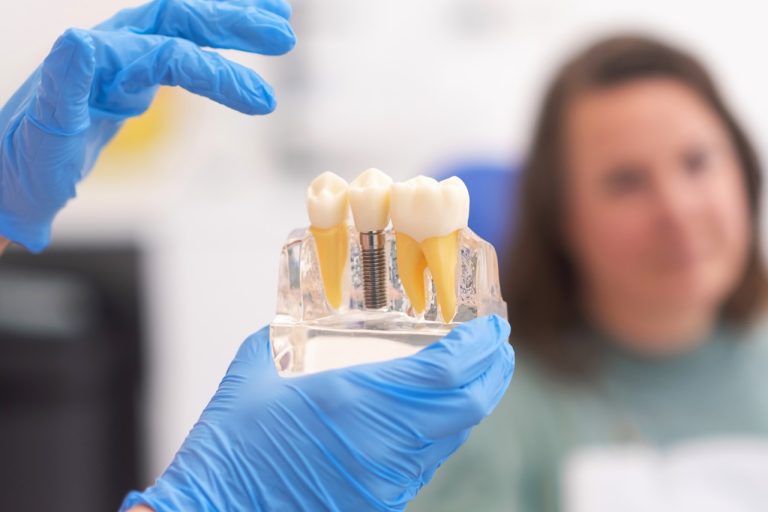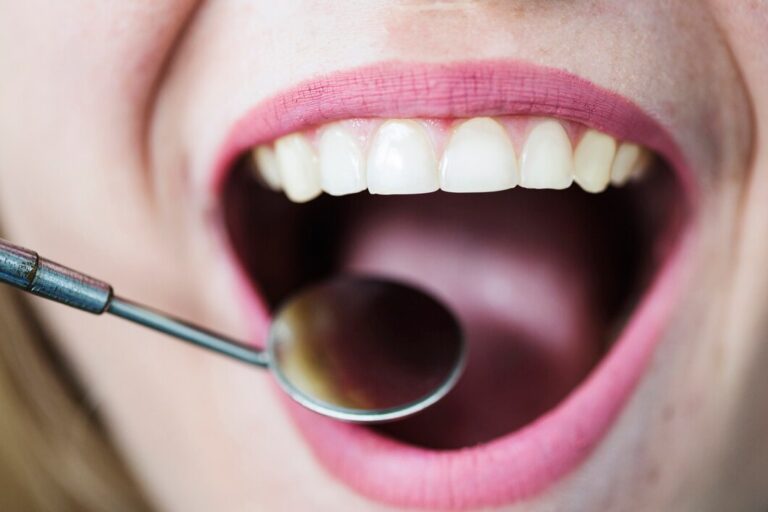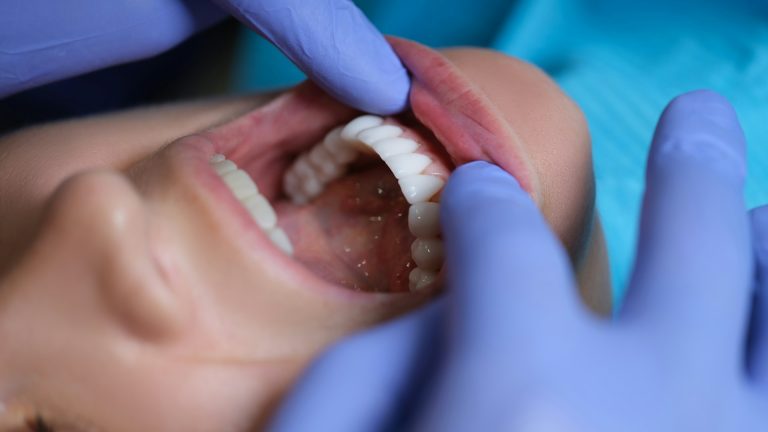Bad breath, or halitosis, is a common issue that affects people of all ages and can lead to social embarrassment and reduced self-confidence. While bad breath is often linked to poor oral hygiene, it can also result from gum disease, certain medical conditions, or lifestyle habits. As a dedicated dental service provider specializing in gum care, preventive treatments, and dental surgical procedures, our team has extensive experience in helping patients overcome bad breath and attain fresher, cleaner smiles.
In this informative blog post, we will explore the causes of bad breath, offer expert tips on how to combat it effectively, and discuss dental treatments that can help address its underlying causes for a lasting solution. We will also emphasize the importance of partnering with dental professionals like us who can provide personalized guidance and care to ensure your bad breath is a thing of the past.
Join us as we delve into the world of bad breath, empowering you with the knowledge and tools necessary to banish halitosis and boost your confidence with a fresh and radiant smile. With the guidance provided in this article, you will be well-equipped to tackle bad breath head-on, both by adopting effective oral care habits and seeking professional dental care as necessary.
Common Causes of Bad Breath
Bad breath can stem from various factors ranging from poor oral hygiene to lifestyle habits or even certain medical conditions. Understanding the cause(s) of your bad breath is the first step towards managing it effectively. Some common causes include:
- Poor Oral Hygiene: Inadequate brushing and flossing can result in bacterial overgrowth, food residue, and plaque buildup, all contributing to bad breath.
- Gum Disease: Halitosis can be a result of gum disease, as bacteria accumulate in the pockets between your teeth and gums.
- Dry Mouth: Saliva is essential in neutralizing oral bacteria responsible for bad breath. A dry mouth, whether caused by reduced saliva production, dehydration, or certain medications, can exacerbate bad breath.
- Smoking and Tobacco Use: Tobacco products can lead to bad breath and contribute to oral health issues, including gum disease and tooth decay.
- Medical Conditions: Bad breath can also be caused by various medical conditions, such as tonsil stones, sinus or respiratory infections, gastrointestinal issues, or uncontrolled diabetes.
Expert Tips to Combat Bad Breath
Follow these expert tips to effectively manage and prevent bad breath:
- Prioritize Oral Hygiene: Brush your teeth at least twice a day using a fluoride toothpaste and a soft-bristled toothbrush. Floss daily to remove food particles and plaque between teeth that can contribute to bad breath.
- Clean Your Tongue: Bacteria can accumulate on the tongue, leading to bad breath. Use a tongue scraper or your toothbrush to gently clean your tongue during your oral care routine.
- Stay Hydrated: Drink water throughout the day to maintain proper saliva production, helping to neutralize bacteria and prevent bad breath.
- Use Mouthwash: Incorporate the use of an antimicrobial mouthwash into your daily oral care routine to help control bacteria and freshen your breath.
- Quit Tobacco Use: Give up smoking and the use of tobacco products, as they can contribute to bad breath and other oral health issues.
Dental Treatments to Tackle the Root Causes of Bad Breath
In some cases, professional dental treatments might be necessary to address the underlying causes of bad breath. Here are a few options to consider:
- Professional Dental Cleaning: Regular dental cleanings and checkups every six months can help eliminate plaque and tartar buildup, reduce bacteria, and prevent gum disease – all contributing to bad breath.
- Treatment for Gum Disease: If your bad breath is caused by gum disease, appropriate periodontal treatments, such as scaling and root planing or pocket reduction surgery, can help address the issue and improve your breath.
- Correcting Dental Issues: Bad breath can sometimes result from dental issues like decayed teeth, poorly fitting dental restorations, or impacted wisdom teeth. Dental professionals can diagnose and treat these problems to alleviate bad breath.
- Managing Dry Mouth: If your bad breath is linked to dry mouth, discuss the issue with your dental professional, who can recommend appropriate treatment options and products to help stimulate saliva production or alleviate dryness.
- Referral to a Specialist: If your bad breath is linked to a medical condition, your dental professional may refer you to a specialist for appropriate diagnosis and treatment.
Embrace a Fresh and Confident Smile with Expert Dental Guidance
By understanding the causes of bad breath, adopting expert tips to combat it, and seeking professional dental care when necessary, you can achieve a fresh, clean, and confident smile. Remember that maintaining good oral hygiene, attending regular dental checkups, and working with experienced dental professionals are all crucial steps in the journey to a healthier and fresher smile.
If you’re struggling with bad breath, don’t hesitate to reach out to Colorado Gum Care Broomfield, CO’s team of dental professionals to discuss your concerns. Together, we will help you create a customized plan to effectively manage and prevent bad breath, restoring your confidence and enhancing your oral health. Schedule an appointment with us today, and let us assist you in achieving the fresh, radiant smile you deserve.







